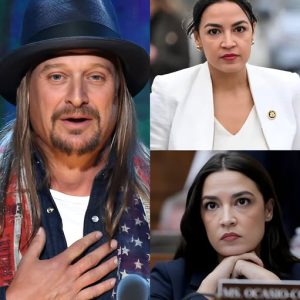In a sweeping enforcement action, India’s Enforcement Directorate (ED) on Tuesday carried out searches at eight different locations in Bengaluru as part of a high-profile investigation into alleged foreign exchange violations.
The probe centers on activities involving the Open Society Foundations (OSF)—an organization founded by American billionaire George Soros—and its impact investment arm, the Soros Economic Development Fund (SEDF). The ED’s raids, conducted under the Foreign Exchange Management Act (FEMA), come amid allegations that OSF procured foreign direct investment (FDI) and misappropriated funds, flouting strict FEMA guidelines. These developments have added yet another layer to the controversies surrounding George Soros, whose influence has sparked debates not only in India but also across the United States.
In parallel, global attention has also been drawn to a separate controversy in the U.S., where the Federal Communications Commission (FCC) recently approved a deal allowing Soros to acquire a major stake in more than 200 radio stations. This move, expedited just weeks before the presidential election, has ignited political outcry and prompted investigations by the House Oversight Committee. Critics argue that such transactions could allow foreign ownership to sway American media and political discourse, thus deepening concerns about the so-called “deep state” and undue external influence in domestic affairs.
In this comprehensive analysis, we explore the multifaceted implications of the ED’s investigation in Bengaluru, the regulatory and legal frameworks involved, and the broader controversies surrounding George Soros and his global influence. We will examine how the allegations in India connect with international debates over foreign direct investment and political funding, and what these developments might mean for the future of governance, transparency, and national security.





